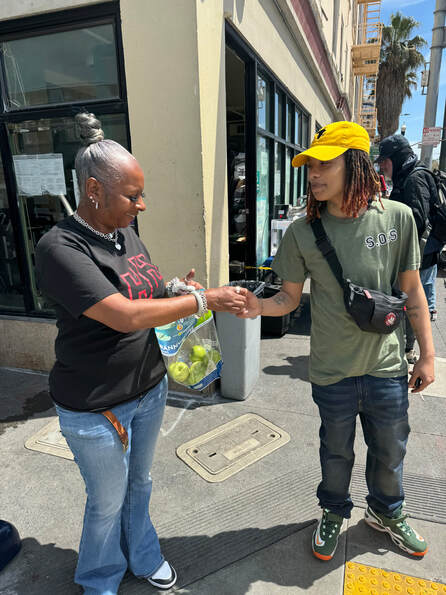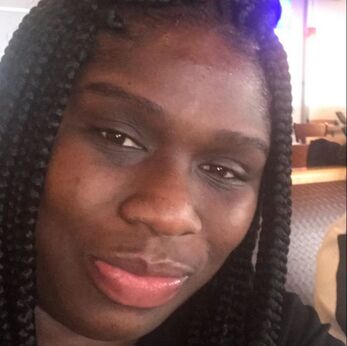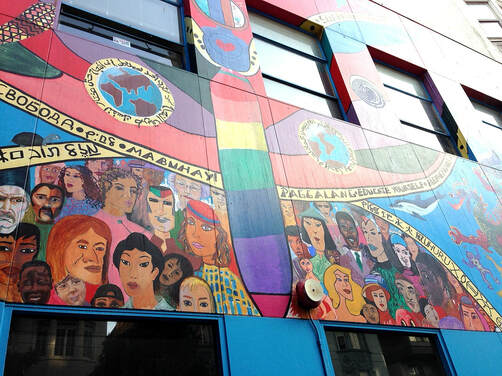STORIES FROM THE FIELD
Hospitality House owes a tremendous debt of gratitude to the dozens of dedicated staff who’ve devoted themselves to lifting up the best of our community - day in, day out. The work is challenging. It is meaningful. It is transformative. And, all too often, their work is overlooked and undervalued. These valiant nonprofit warriors - community builders all - are often underpaid and underappreciated. We are proud to present “Stories From The Field” as an ongoing series about the people on the front lines, about the contributions of just a few of the thousands of nonprofit workers. We’ll share some of their challenges and successes - and some of their dreams.
A landmark Controller’s report in April 2023 - an analysis of more than 16,000 FTEs - acknowledged the prevalence of low wages in the nonprofit workforce, and the racial inequity in the field. According to the report, an estimated 75%of the general (non-executive) nonprofit workforce is Black, Indigenous, People of Color (BIPOC).
The report found further that 50% of the nonprofit workforce earns less than $25.25 per hour, struggling to support their own families while making life better for others. The report also identified the case management position as a key staff position in the nonprofit workforce - helping people with housing, employment, mental health needs - accounting for barely 8% of the workforce yet nearly 30% of the staff vacancies. Low wages compromise the City's ability to meet its goals, and increase the burden on nonprofit workers.
We hope that the stories of those helping to make life better for all of us in the City of St. Francis - will inspire City leaders to make our nonprofit workers’ lives better.
Hospitality House owes a tremendous debt of gratitude to the dozens of dedicated staff who’ve devoted themselves to lifting up the best of our community - day in, day out. The work is challenging. It is meaningful. It is transformative. And, all too often, their work is overlooked and undervalued. These valiant nonprofit warriors - community builders all - are often underpaid and underappreciated. We are proud to present “Stories From The Field” as an ongoing series about the people on the front lines, about the contributions of just a few of the thousands of nonprofit workers. We’ll share some of their challenges and successes - and some of their dreams.
A landmark Controller’s report in April 2023 - an analysis of more than 16,000 FTEs - acknowledged the prevalence of low wages in the nonprofit workforce, and the racial inequity in the field. According to the report, an estimated 75%of the general (non-executive) nonprofit workforce is Black, Indigenous, People of Color (BIPOC).
The report found further that 50% of the nonprofit workforce earns less than $25.25 per hour, struggling to support their own families while making life better for others. The report also identified the case management position as a key staff position in the nonprofit workforce - helping people with housing, employment, mental health needs - accounting for barely 8% of the workforce yet nearly 30% of the staff vacancies. Low wages compromise the City's ability to meet its goals, and increase the burden on nonprofit workers.
We hope that the stories of those helping to make life better for all of us in the City of St. Francis - will inspire City leaders to make our nonprofit workers’ lives better.





